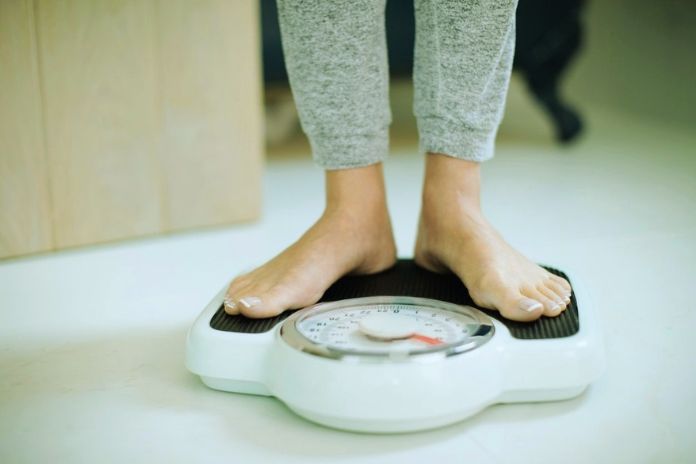Everyone should know that one of the main secrets to weight loss is to have a balanced, healthy, controlled, and nutritious diet.
After all, everything we eat greatly influences our body in burning or storing fat, appetite control, and even willingness to exercise.
Alongside the diet is the frequent practice of physical activities, which are very important to maximize the burning of calories and decrease the percentage of fat in the body.
But what about when the person is there following their diet to lose weight. However, they don’t get positive results? She may be making some mistakes, which, although familiar, can go unnoticed in everyday life.
However, before letting the lack of results cause discouragement and make you give up the fight against the scales, it is very worth knowing what they are:
Underestimating The Number Of Calories You Consume
There are cases where a person thinks they are eating between 1,200 and 1.3 calories when, in fact, they are consuming around 2,500 to 2,700 calories daily.
This lack of perception about the actual calories can be due to the snacks you make throughout the day and forget about – like a piece of chocolate here and a few cookies there.
Another possibility is the hidden calories of ingredients used to add to dishes – such as ketchup, mayonnaise, or salad dressings. This contains calories and raises the total calorie content consumed during the day.
One of the ways out is to make an effort to follow exactly what was proposed in the diet without adding extra calories. To ensure that this planning is accurate, the idea is that a nutritionist sets up the diet.
Another tactic that can help a lot is to keep a food diary in which exactly everything you eat and drink throughout the day is recorded.
Make Up For What You Spent On Training With Excesses At The Next Meal
This can happen when a person thinks they have expended more calories than they spent in training or feel exhausted after an intense workout. So, she eats a lot more than she should in her post-workout meal.
By doing this, the person has a great chance of recovering or surpassing the calories eliminated in training. So it’s pretty hard to see the weight decrease.
In order not to take this risk, it is worth asking the advice of a nutritionist to know what your post-workout should be like, something that can vary depending on the physical activity performed and the goals you have in mind.
Forget About Body Composition When Weighing Yourself On The Scale
The number that appears when a person weighs themselves on the scale does not reflect their body composition – the value displayed is the total and does not indicate whether that value corresponds more to fat or muscle.
The weight gain seen on the scale may have occurred in muscles and not in the form of fat. What may have happened is the replacement of fat tissue with lean muscle tissue, which is denser and heavier.
But how to know if the replacement of fat by muscle occurred? One strategy is to take a tape measure and measure some areas of the body, such as the waist, hips, arms, chest, or legs.
The recommendation is to measure between three to four areas per week. It’s crucial to analyze your body composition well so you don’t get frustrated with the scale’s weight.
Weigh Yourself The Wrong Way
Yes, it is possible to make mistakes when weighing yourself. This happens when you consider yourself one day in the morning and another in the afternoon, or when you weigh yourself wearing jeans, a dress, or other items of clothing that can add some weight.
Another problem can occur in choosing the days to weigh yourself. The ideal is to have a routine and choose a day of the week to entertain yourself and have the discipline to do this every week on that same day.
Weighing should also always occur in the morning and without clothes, after waking up and doing your basic needs. With this, the person will have a more accurate comparison parameter for the whole week and is less likely to get frustrated.
ALSO READ: MAINTAIN A HEALTHY DIET FOR WEIGHT LOSS?

